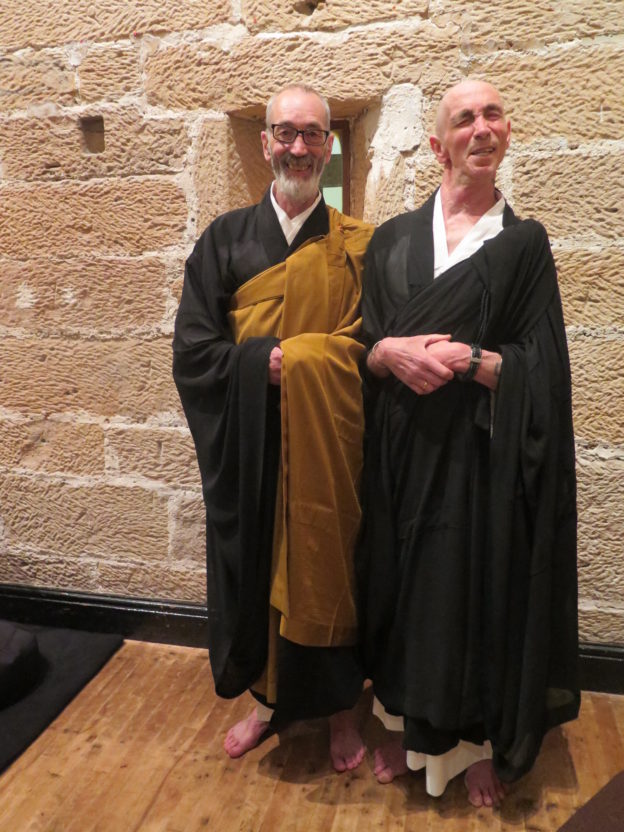About 40 years ago, a teacher in the Transcendental Meditation or TM organization introduced me to a meditation technique. She gave me a mantra. It cost a fiver, not cheap for the time, however after a week, it felt like I’d had my money’s worth! Instructions were to use the mantra for 20 minutes twice a day, which I did, and I liked its effect on me.
There was less anxiety for a start. Sitting in the mornings was easy. Set alarm 20 minutes earlier, and sit up straight in the bed! Having done this I immediately felt more positive about the day and breakfast became a far less disgruntled affair.
After a couple of weeks, I found myself looking forward to the evening session. It seemed to dissipate the cares of the day so much that I felt I could not do without it! There was no spiritual seeking involved, it was a relaxation technique but I did it diligently and never missed a day without doing at least one “medo” as I called it.
The first time I heard about Buddhism was when I arrived in Liverpool. A friend who lived in the flat beneath Roshi’s gave me a copy of Paul Reps 101 Zen Stories. He also invited me to the weekly sitting which Roshi held in his home near Sefton Park.
So for a long time, I sat with the group, mainly because of the practical benefit it brought to all aspects of my life in Liverpool, I had no interest in the philosophy or Buddhism or what was emptiness or enlightenment, or even the notion of “Sangha”.
One day after the early morning sitting, I met Stephan. He had come from Germany to sit with the group. We became friends. We shared a flat together. We sat together. He’d travelled a long way to do this i.e. sit with Roshi, and also I liked so many of the people I’d met through sitting. The making of my Rakusu presented a particular challenge, as I suffer from a neurological complaint and dexterity is not one of my strong points.
However I got loads of instructions and advice – again there was a sense of welcome and belonging.
My Rakusu is like a membership badge. It formalised this sense of sharing and belonging, a sense of Sangha.
Tokudo is another story and a horse of a different colour. Growing up in Catholic Ireland, Buddhist monks are rare birds. In my late teens a cousin of my best pal visited from California. He was a young monk in his twenties. The praise, the compliments, the respect that was heaped upon him when he left, particularly by my pal’s Mum, always stayed with me.
By now I was sitting with the group for probably 20 years or more. Jukai was for myself – becoming a member of a club which helped me cope with life. Tokudo had a different feel to it.
From the sittings, a sense of the aims and aspirations of Roshi for the Sangha and for the world in general developed within me. It is impossible for me to describe this sense in words. However, there was a feeling of trust or “rightness” for me in my decision to take a monk’s vows.
Hitherto, there was difficulty for me in accepting the form and rituals of Buddhism. By taking monk’s vows, I was committing myself, as it were, to “standing up and being counted”. With that comes a feeling of responsibility. Now my attitude to my appearance, my behaviour and my lifestyle has changed. I am conscious that I represent “something”.
What that “something” is nobody knows, but committing to a monk’s vows gives me more confidence that my manifestation of that “something” is right for me.
In particular, I invite people to my home to sit with me, I sit each day for at least 30 minutes and try and sit with the Sangha as much as possible.
These I feel are my “responsibilities” of monkhood and the least I can do to reveal that essence we call the Buddha.

